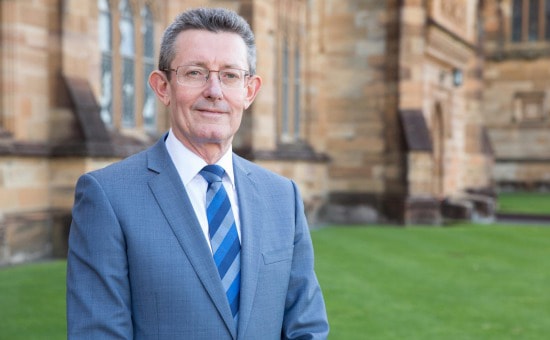According to Professor Guy Ford, MBA Director at the University of Sydney Business School, students need more than standard business oriented units of study to thrive in an increasingly complex world.
“For a very long time, traditional MBA programmes have tended to offer little more than modularised doses of business knowledge covering topics such as accounting, economics, management and statistics, to name a few,” Professor Ford said in a press release. “This approach is becoming less relevant in an increasingly complex and volatile world, where business models are changing rapidly.
According to Professor Ford the full-time MBA market has generally been shrinking since the early 2000’s as newly minted undergraduates gravitate towards specialised masters programmes such as the increasingly popular Master of Management.
This has led the University of Sydney Business School to review its offer and work on a course with a new approach. This new programme plans to equip future leaders with instruments that allow them to deal with ambiguity and uncertainty, the university claims. The newly developed course will focus on fostering skills around creativity, critical analysis and a systems approach to problem solving. It will also incorporate training on personal and interpersonal skills to lead effectively.
The theme of the new programme is 'Building Future Enterprises'. Amongst the units that are being taught are “Leadership Practice and Development”, “Business Skill and Knowledge Development”, “Strategies for Growth”, “Innovation in Strategic Marketing”, “Data Analysis and Modelling”, “Building Future Enterprises” as well as “Leading Business Innovation” amongst others.
The new programme will be limited to 50 students per semester. The School believes they will be attracted by the University of Sydney’s brand and the opportunity to develop leadership skills capabilities appropriate to the economically dynamic Asia Pacific region.
“While many schools proudly boast the large size of their programmes, the fact is that with big numbers you’ve got little choice but to use traditional teaching and lecture formats,” Professor Ford said. “This leaves little room for genuine experiential learning.”
Source: University of Sydney

